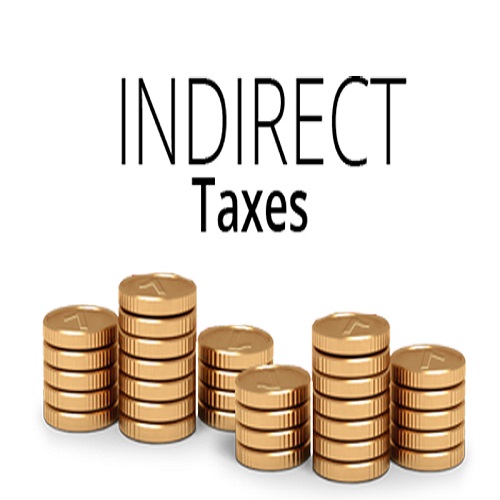|
Indirect taxation refers to the taxation of goods and services at the point of purchase, consumption, or use. Unlike direct taxes, which are levied on individuals and entities directly, indirect taxes are collected by intermediaries, such as businesses, and then passed on to the government. Indirect taxes are often included in the price of goods and services, and consumers ultimately bear the burden of these taxes. Some common forms of indirect taxation include:
-
Value Added Tax (VAT): VAT is a widely used form of indirect tax in many countries. It is imposed at various stages of the production and distribution of goods and services, with businesses collecting the tax on behalf of the government. VAT is typically charged as a percentage of the price of the product or service, and it applies to the value added at each stage of production or distribution. Consumers pay the accumulated VAT when they purchase the final product.
-
Sales Tax: Sales tax is similar to VAT but is typically imposed only once, at the point of sale to the end consumer. The rate and application of sales tax can vary by jurisdiction. It may be levied at the federal, state, or local level in the United States, for example.
-
Excise Tax: Excise taxes are levied on specific goods, such as alcohol, tobacco, gasoline, and luxury items. These taxes are often designed to discourage the consumption of certain products or to raise revenue for specific government programs. Excise taxes are typically included in the price of the product and are collected by manufacturers or importers.
-
Customs Duties and Tariffs: Customs duties are taxes imposed on goods imported into a country. They can be a source of revenue for the government and can also be used to protect domestic industries by making imported goods more expensive. Tariffs are a specific type of customs duty.
-
Sin Tax: A sin tax is a type of excise tax specifically applied to goods or activities that are deemed harmful to society, such as alcohol, tobacco, and gambling. The purpose of sin taxes is often to reduce consumption and address health or social issues.
-
Environmental Taxes: Some countries impose taxes on activities or products that have a negative impact on the environment, such as carbon taxes on emissions or taxes on plastic bags. The revenue generated from these taxes may be used to fund environmental protection measures.
|

